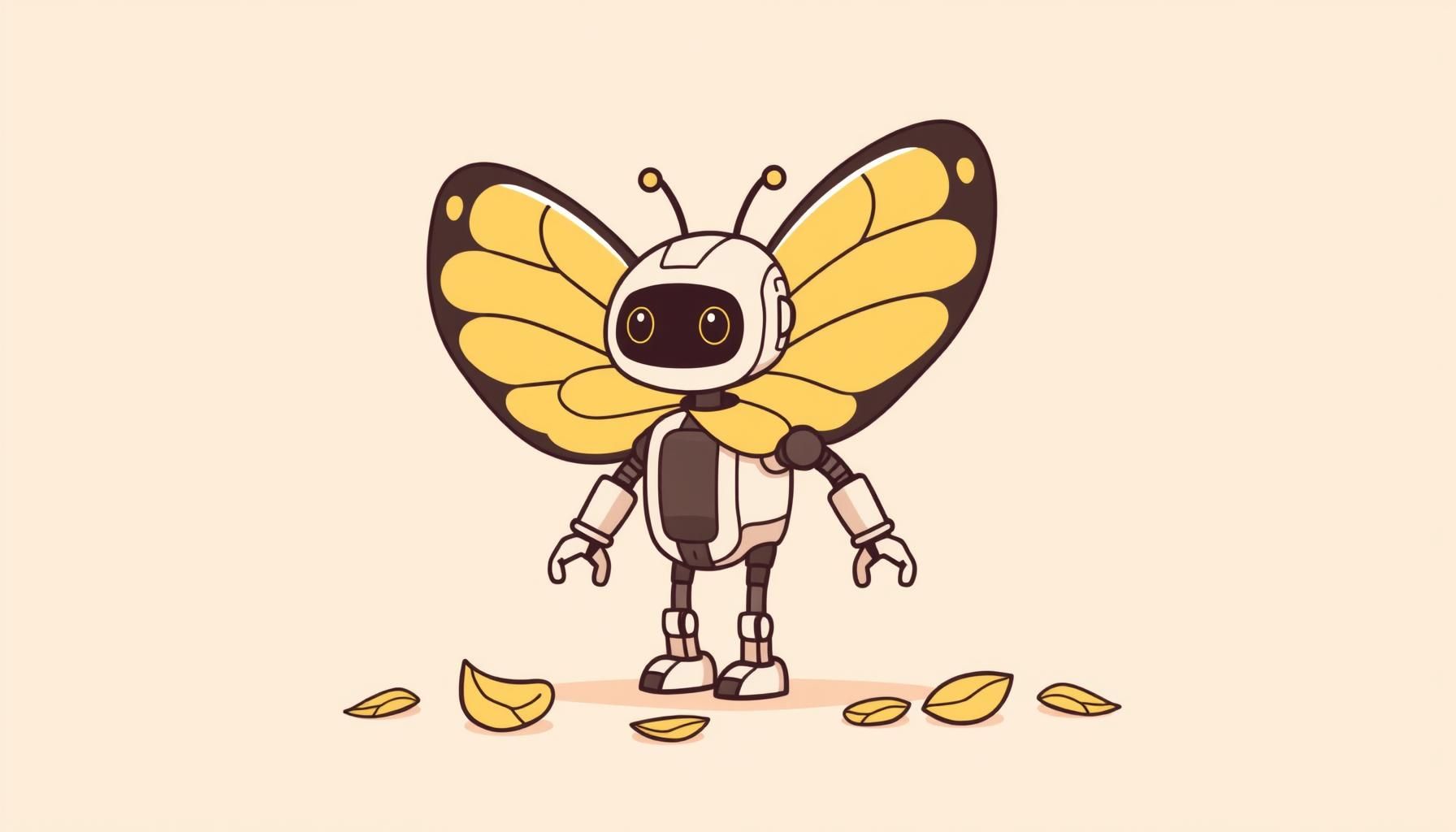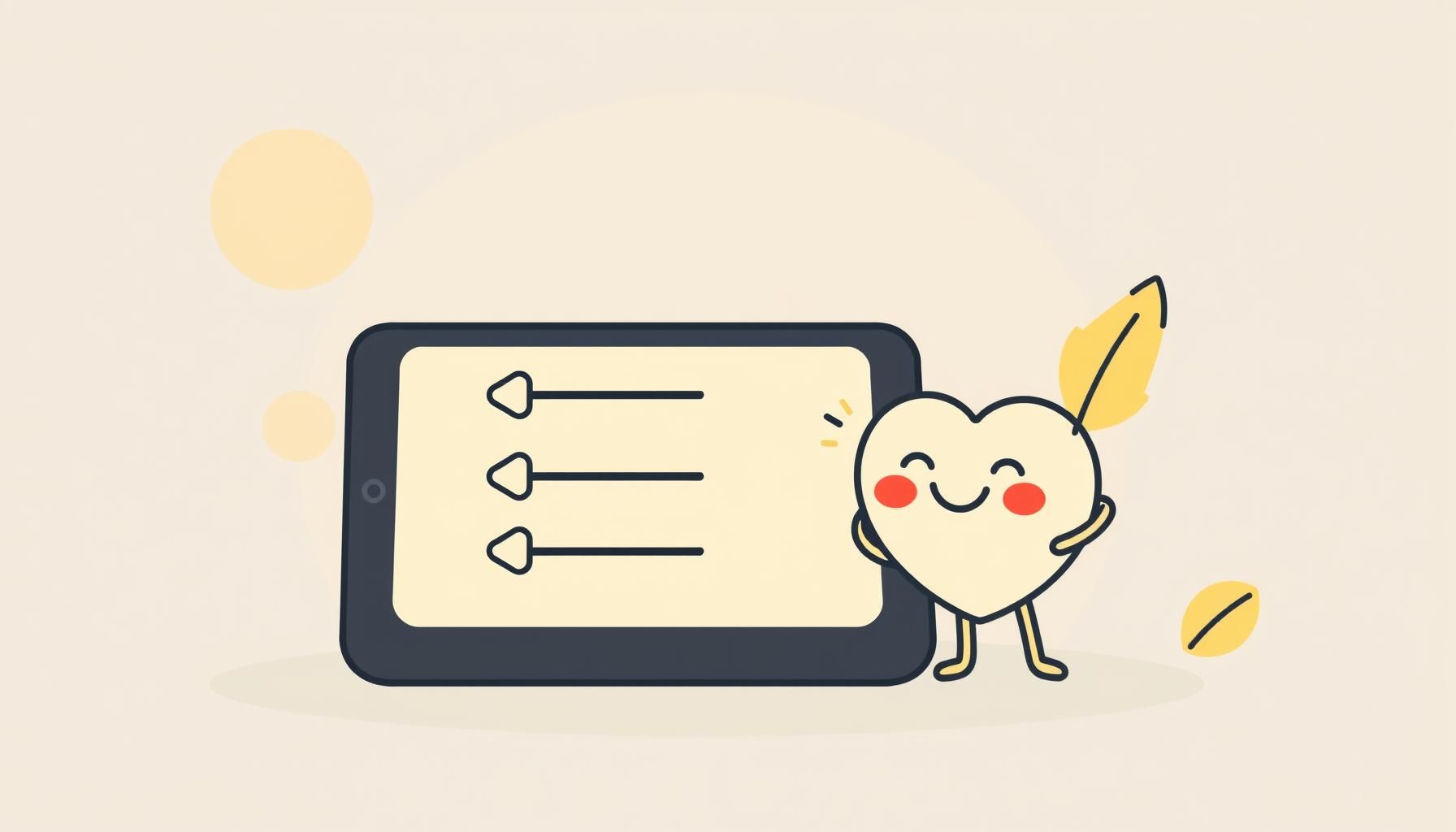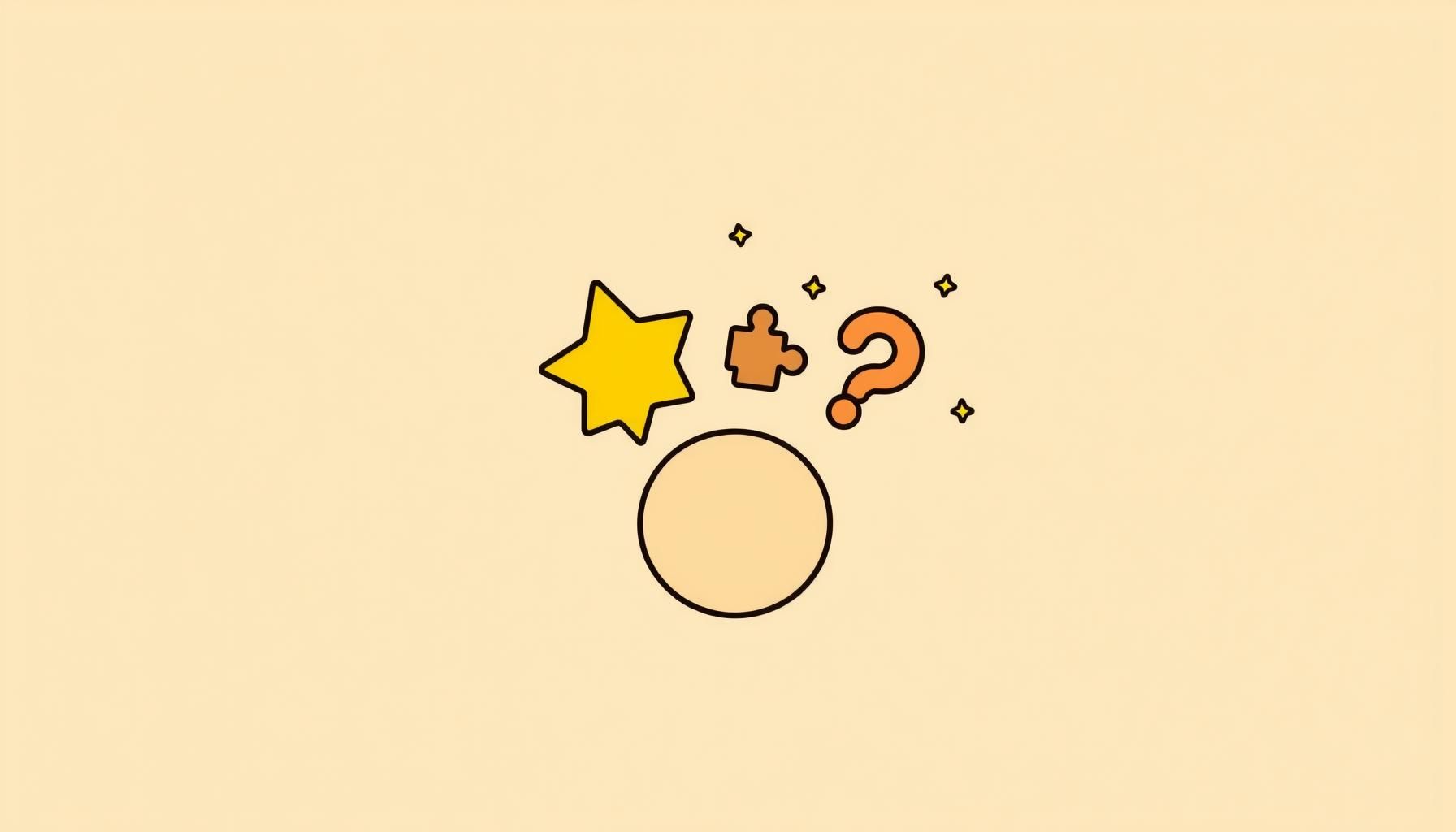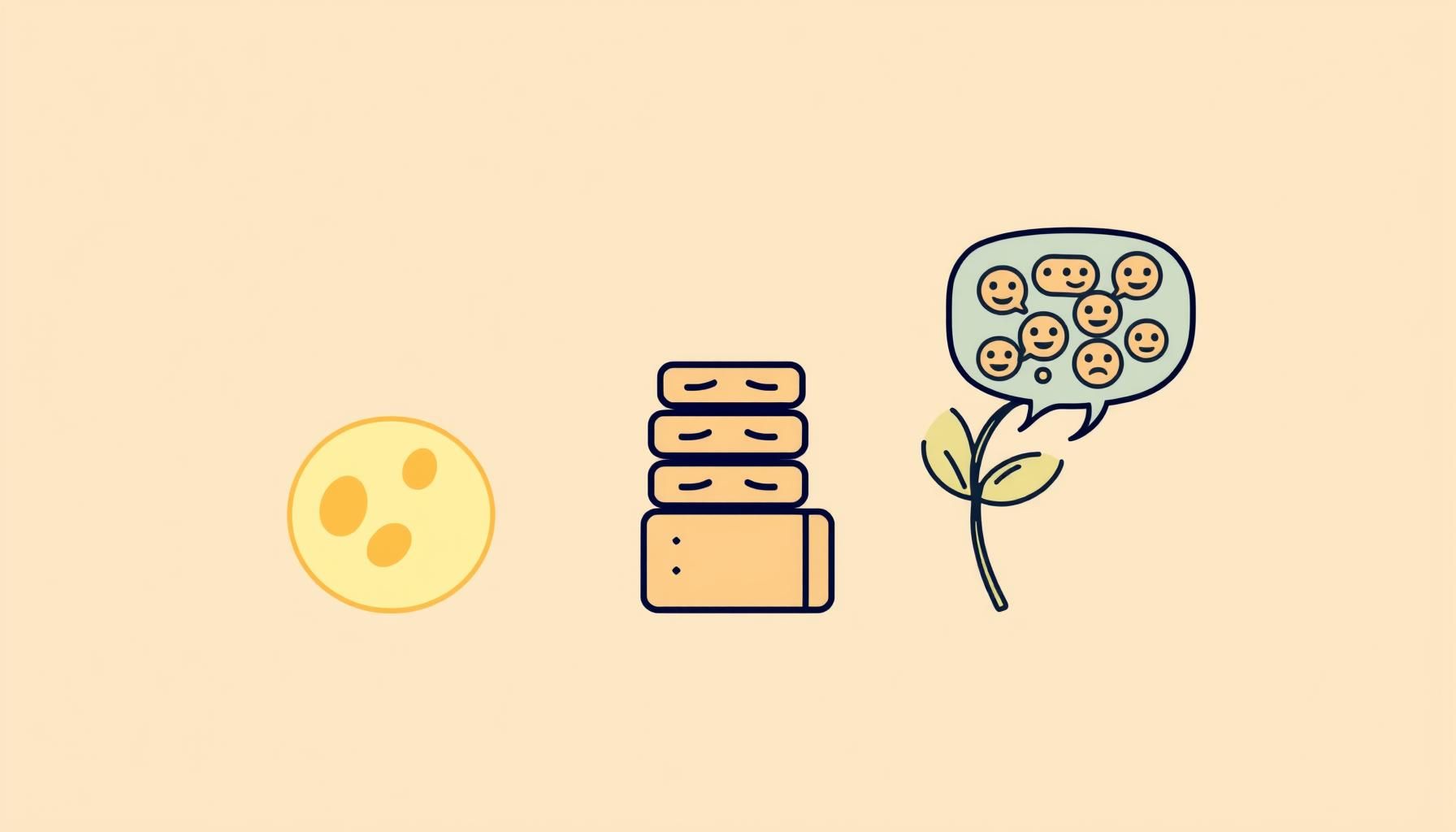
Make Your Kids Feel Lucky in the AI Era
Yesterday I watched my daughter tape paper wings onto her toy robot and declare it a “space butterfly.” Five minutes later she was asking if the robot could learn new tricks—exactly the kind of fearless curiosity Sam Altman is talking about when he calls Gen Z the luckiest generation in history. His point? AI is landing like a giant playground upgrade, and kids who grow up with it won’t just adapt—they’ll invent.
But here’s the catch—headlines also scream about jobs vanishing faster than socks in the dryer. Altman shrugs at 22-year-olds retraining, yet admits he’s worried for 62-year-olds who “don’t want to reskill.” Translation: our seven-year-olds have time on their side, but only if we parents steer the ship right now. So how do we turn Altman’s optimism into everyday magic in our living rooms, backyards, and yes—those short walks to school? Let’s dive in.
How Do Kids Already Speak Robot Better Than Us?

Harvard researchers just confirmed what any parent with a tablet-savvy first-grader already suspected: Gen Z kids grasp AI interfaces faster than we learned cursive. No manuals, no lectures—just tap, swipe, giggle, repeat. My daughter figured out a voice assistant last month by asking it to bark like a dog, then squealed when it actually did. That instinct is pure gold.
But instinct without guidance is like handing car keys to a seven-year-old. Here’s our secret mission: channel that natural fluency into empathy, ethics, and creativity. Simple trick: after every AI interaction, ask one “heart question.” Example: “How do you think the robot felt when you thanked it?” Silly? Maybe. Yet it plants seeds of kindness and responsibility early.
Why Are Older Workers Leaving and How Do We Protect Our Kids?

The U.S. Department of Labor quietly dropped a stat: workers over 55 are twice as likely to quit because tech moves too fast. McKinsey piles on—by 2030 nearly half of mid-career roles may need a reboot. Scary stuff… unless you’re seven.
Our kids have runway. Instead of cramming worksheets, let’s stock their mental toolbox with three skills no robot can copy:
- Creative mixing of ideas—turning old ideas into new mash-ups (hello, space butterfly robot).
- Emotional translation—reading faces, tones, stories behind data.
- Ethical imagination—asking “Should we?” before “Can we?”
This weekend we turned grocery shopping into an ethics game: “If AI picked all our snacks, would it choose healthy or yummy? How do we teach it both?” Ten minutes later she was stacking apples like Jenga blocks—I swear our grocery list looked better before the apple Jenga—and laughing while learning all the same.
What Parents Can Do: Turn AI Fear into Fun Learning

Step 1: Curiosity Dates. Once a week pick a tiny tech wonder together—maybe an AI art app or a kid-friendly coding puzzle. Keep it shorter than an episode of Bluey. Celebrate the weird outputs; they’re conversation starters.
Step 2: Story Swap. After any AI playtime, trade stories: “What did you teach the machine?” vs. “What did it teach you?” This flips the power dynamic so kids see themselves as mentors, not just users.
Step 3: Gratitude Loop. End each session with one thankful thought about technology and one hopeful wish for tomorrow. It sounds small, but gratitude rewires young brains for optimism—exactly the mindset Altman bets on.
AI Experiments You Can Try With Your Kids Tonight

Need instant inspiration? Try these zero-prep sparks:
- Voice-Acted Bedtime Tale: Ask an AI storyteller for a three-sentence adventure featuring your child’s stuffed animal. Then act it out with flashlights under blankets.
- Emoji Dinner Review: Let your kid rate each dish using only AI-generated emojis. Discuss why the robot chose “mind-blown” for veggie pancakes.
- Future Job Charades: Act out wild careers that don’t exist yet. What skills would make her the best space-dentist this galaxy’s seen? Laugh hard while imagining tomorrow.
No fancy gear required—just Wi-Fi and wonder.
Closing Thought: Luck Is a Team Sport

Sam Altman sees luck written in code; I see it scribbled in crayon on my kitchen table. The truth is our kids aren’t lucky because AI exists—they’re lucky because we choose to walk beside them while it grows up too. Every gentle question we ask, every goofy experiment we try, is a brick in the bridge between today’s wonder and tomorrow’s wisdom.
So tomorrow morning when we stroll to school and she asks if robots dream of electric playgrounds, I’ll smile wide and say, “Let’s find out together.” Because that, more than any headline, is how we turn Altman’s bold claim into her beautiful reality.
